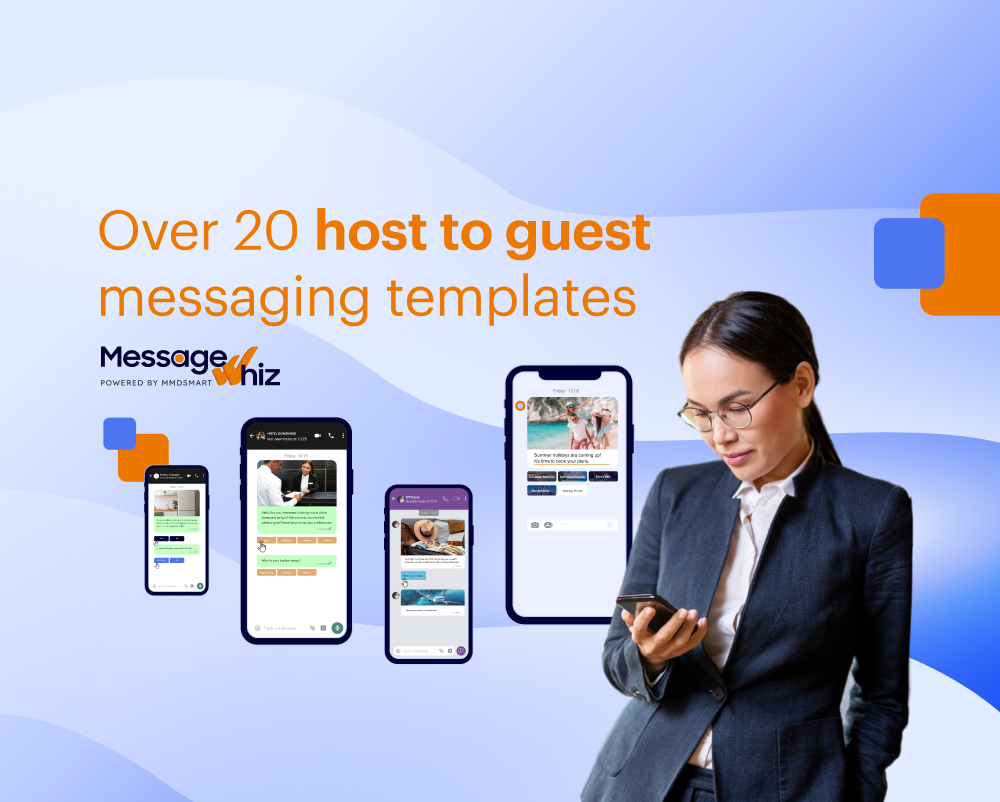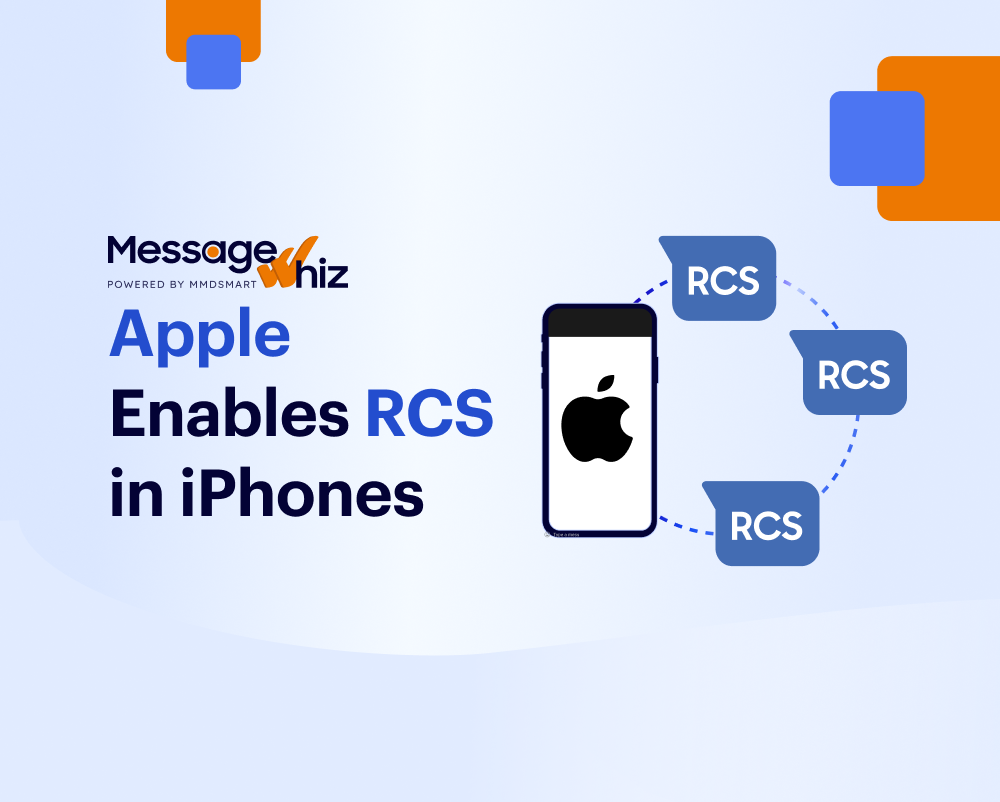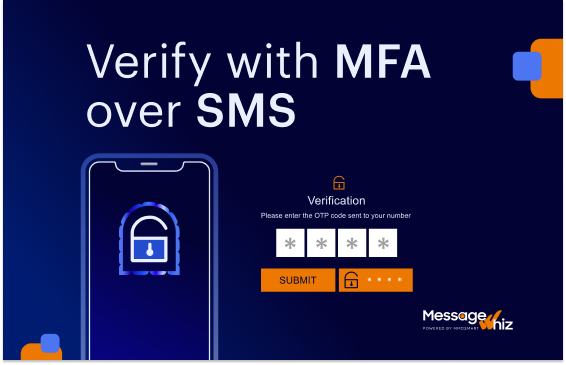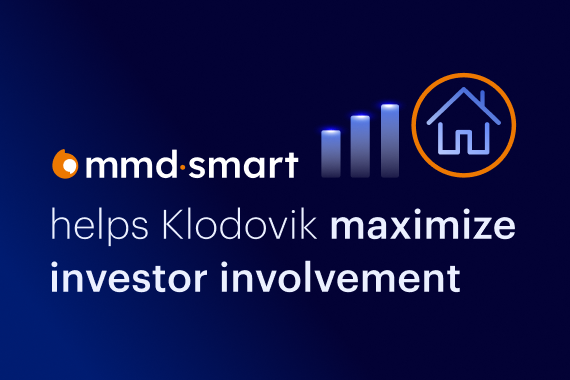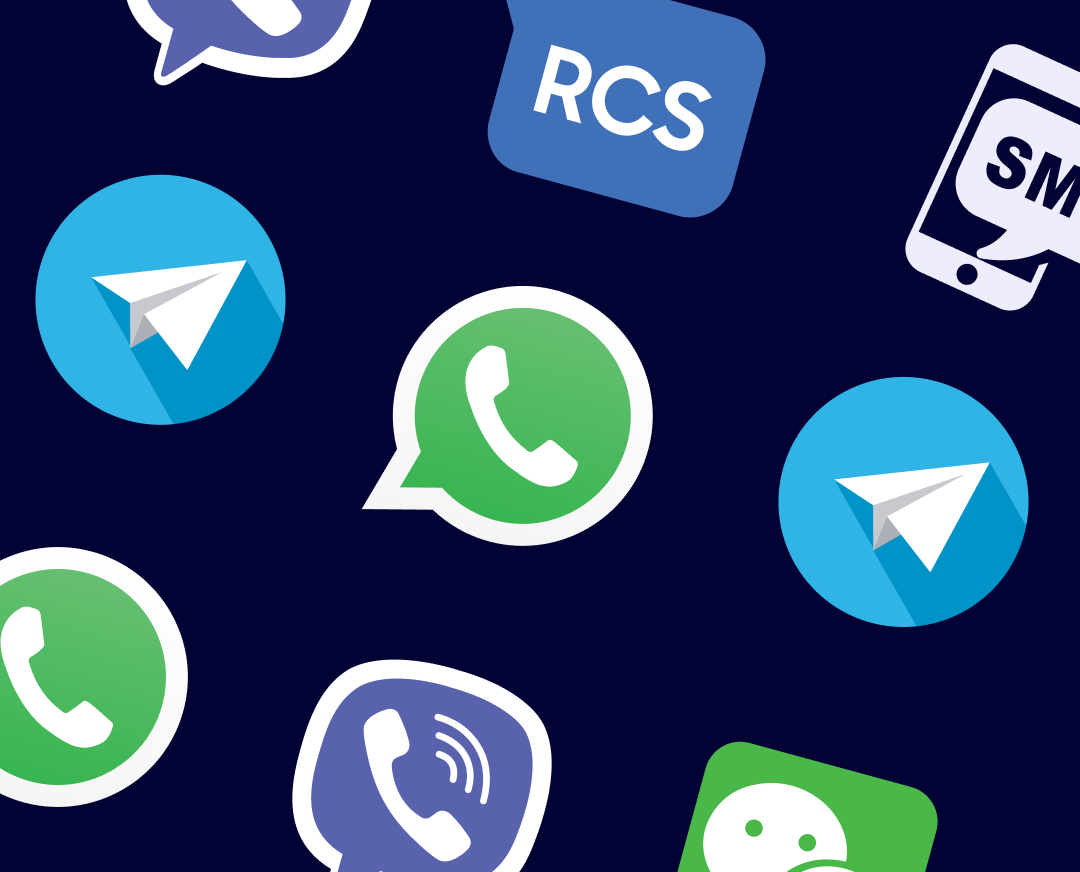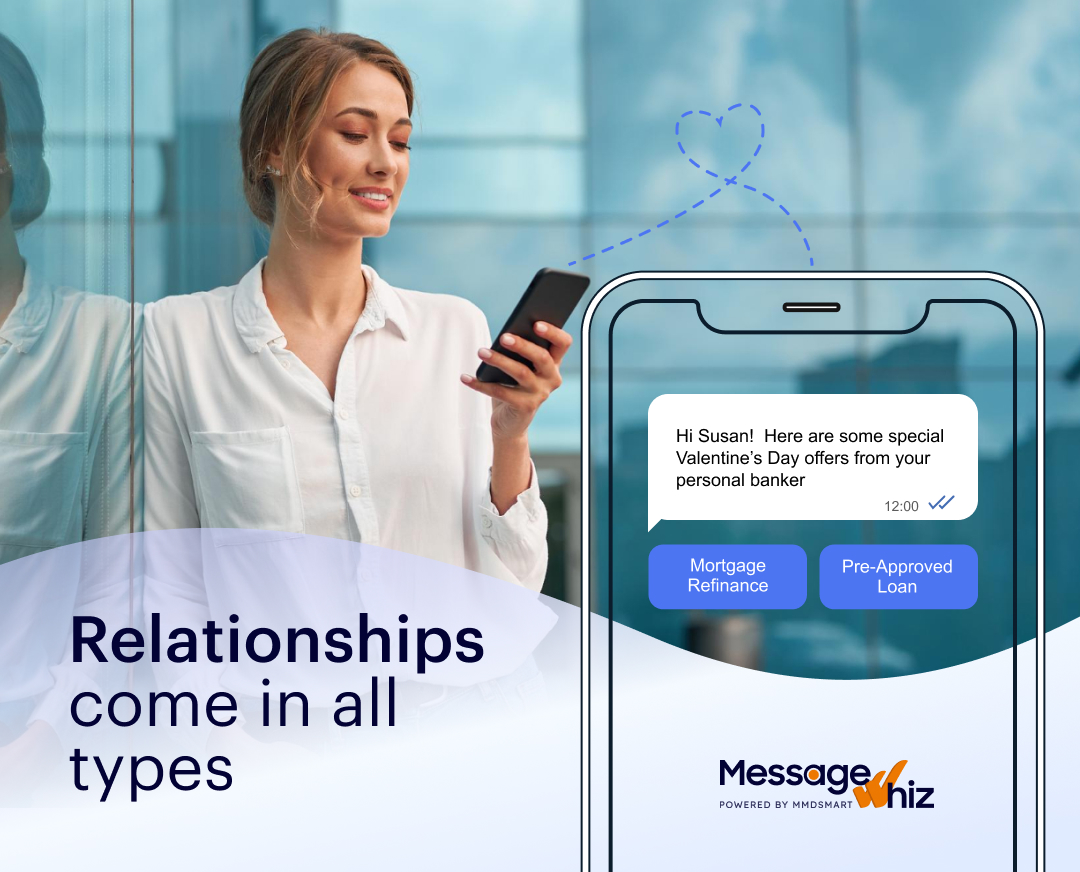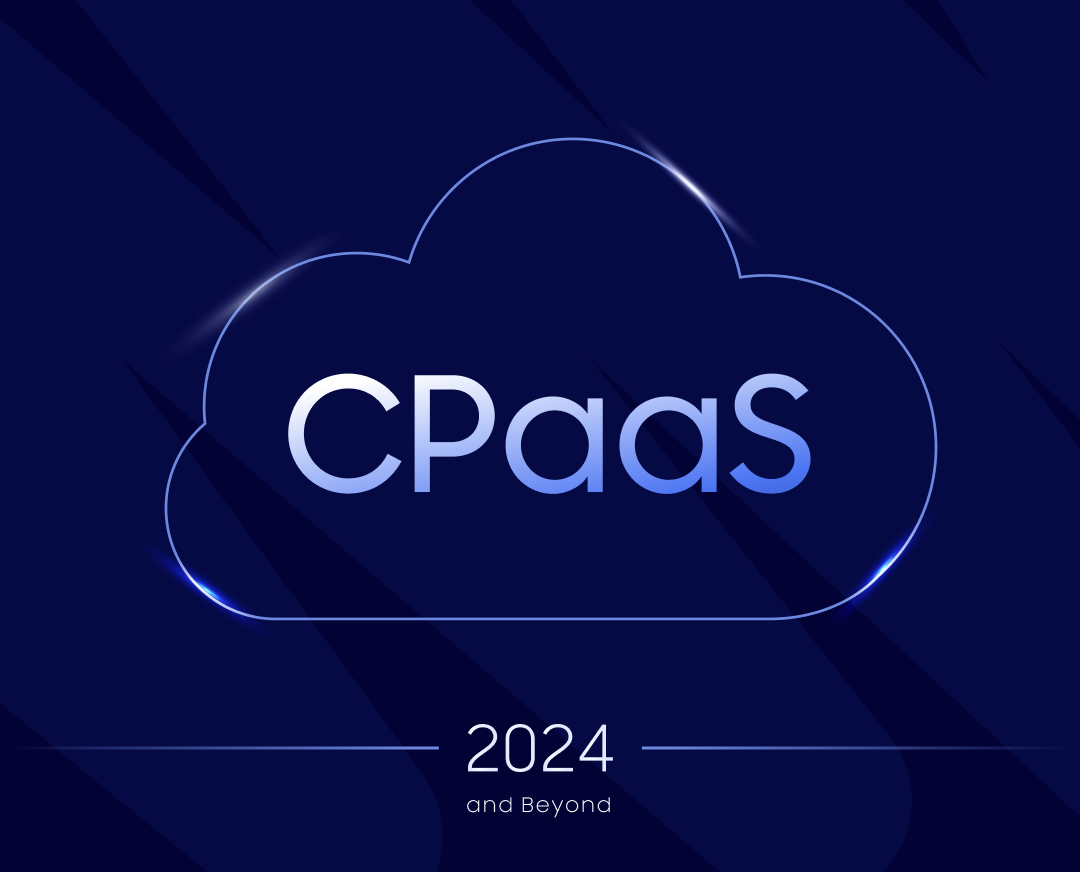This year, help your patients take more control of their healthcare by communicating over secure, encrypted SMS. We have over ten HIPAA compliant use cases you can start implementing at your medical facility today, which help improve patient health, encourage adherence to medical prescriptions, and optimize your office’s performance.
SMS is not automatically HIPAA compliant. However, with the right technical safeguards in place, you can assure that patient health information (PHI) remains protected.
Staying HIPAA Compliant – An overview
To send HIPAA compliant SMS messaging, it must be encrypted during sending, receiving, and while in transit. Patients must formally consent to receiving SMS messages in writing, and patients must understand the nature of that data that will be shared over SMS. Your SMS provider should sign a business associate agreement (BAA) ensuring that they will be their duty act responsibly and protect sensitive PHI.
Organizations must also ensure that the devices they are using to send messages are secure, and be capable of remote wiping in the event that a device is lost or stolen. For more details on sending out PHI over SMS, please talk to our customer support team.
HIPAA Compliant Text Messages
Medical practices are turning to SMS to help with a number of healthcare and practice-related objectives. Here are some of the ways our customers are using healthcare text messaging to better engage their patients and staff. As a bonus, many of these messages can be automated, so you staff doesn’t have to spend time sending messages.
Confirming Appointments
When patients book their appointments, sending a confirmation message acknowledges that the appointment is in the system, and makes it easy for patients to add the appointment into the calendar on their phone.
These types of automated messages are shown to increase the attendance rate of patients, and helps ease your patients appointment related stress. They can easily refer back to your message to see the date and time of their appointment.
Appointment Reminders
Sending out an automated SMS reminder to your patient that they have an appointment the next day ensures that they don’t forget about the appointment. If they are able to attend, they can respond that they are coming, and if they decline the appointment, it gives your operations team time to find a replacement patient.
These messages help improve revenue by eliminating open slots on your appointment roster. By filling one appointment per day, the system delivers an impressive return on investment (ROI).
Waitlist Availability
When patients are waiting to schedule an earlier appointment, you can use SMS to alert them when there are openings due to schedule changes or cancellations. This automated message relieves pressure from your office staff, who no longer have to make phone calls to fill your calendar and keeps your calendar full.
Prescription Reminders
Prescription adherence is a challenge for patients taking long-term prescriptions for things like diabetes of high blood pressure. While patients do tend to tune out daily reminders, sending out automated monthly text notifications that they need to refill their next prescription is effective.
It lets patients know that their doctor is on top of their medication habits, which encourages them to adhere to the prescription. This support to the care received in the office can be life-saving, and shows that you have your patients’ best interests in mind.
Follow Up Messages
After seeing a patient, it’s a good idea to reach out and see if they are having any complications or require additional care through an automated SMS. Not only does this show that your practice is on top of their healthcare, but it also contributes to patient engagement and helps solidify their loyalty to your practice.
Follow Up Appointments
Send automated notifications reminding patients that it’s time for them to schedule their next appointment. Whether it’s a follow-up to a recent health concern or an annual check up, sending them a message with a link to book their own appointment is a powerful way to engage patients and keep your appointment book full.
Public Health Notifications
The recent COVID-19 pandemic reminded us all too well about the need for improved communication regarding public health crises. When governments issue warnings that impact your patient area, you can share guidelines over SMS to help alleviate their concerns and help them remain safe.
Visit Payments
After patient appointments, you can send automated invoices over SMS to provide an easy payment option to your patients. Patients receive a link to their phone which directs them to the payment gateway, allowing them to pay securely from their phone. This automated message allows your staff to work on other items, while simplifying payment collection.
Medical Record Access
Use one-time password authentication as part of a MFA strategy to secure patient records and the PHI contained within them. Whenever patients want to access online account information, secure OTP passwords ensures that they are the only ones who can enter into their account.
New Patient Forms
Send forms to new patients over SMS rather than have them fill out a form with a pen and clipboard. The information will be easier to read, and patients can fill out the forms before coming into the office.
Make Improved Operations Your New Year’s Resolution
Most New Year resolutions are difficult, and require you to give something up to reach your goal. However, improving operations with SMS is a resolution that is easy to keep, and pays off throughout the year by improving patient engagement, reducing office work, and keeping your calendar full.
Talk to us about introducing HIPAA-compliant messaging into your medical practice








